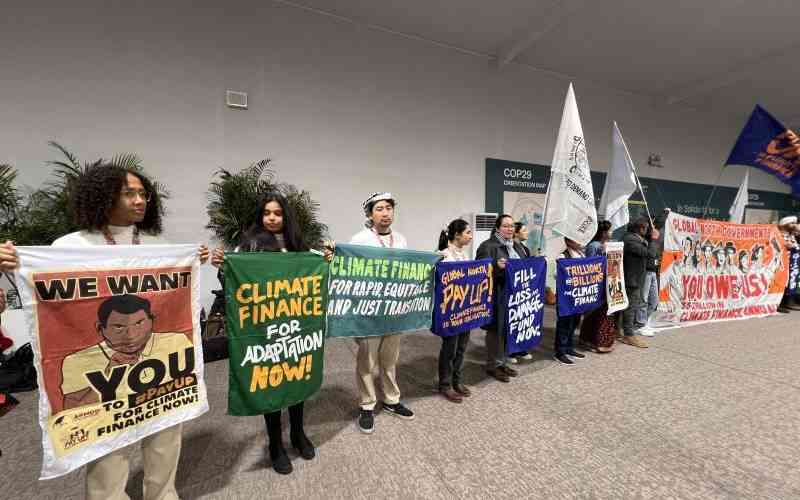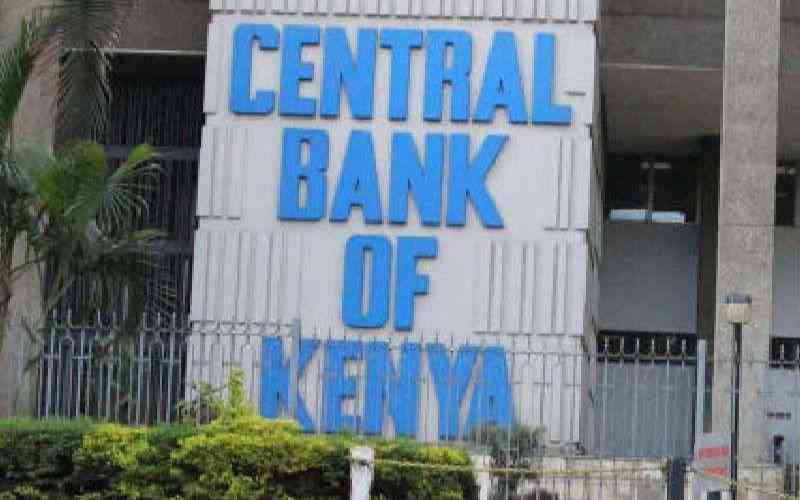×
The Standard e-Paper
Join Thousands Daily

The first week of COP29 in Baku, Azerbaijan, concluded with frustration over lack of progress on climate finance - a key issue of the summit dubbed the "Finance COP."
The talks, expected to deliver a new collective quantitative goal (NCQG) for funding climate action, have been slow and contentious.






